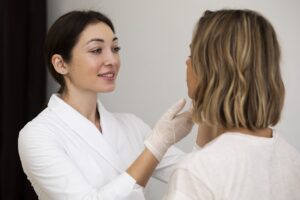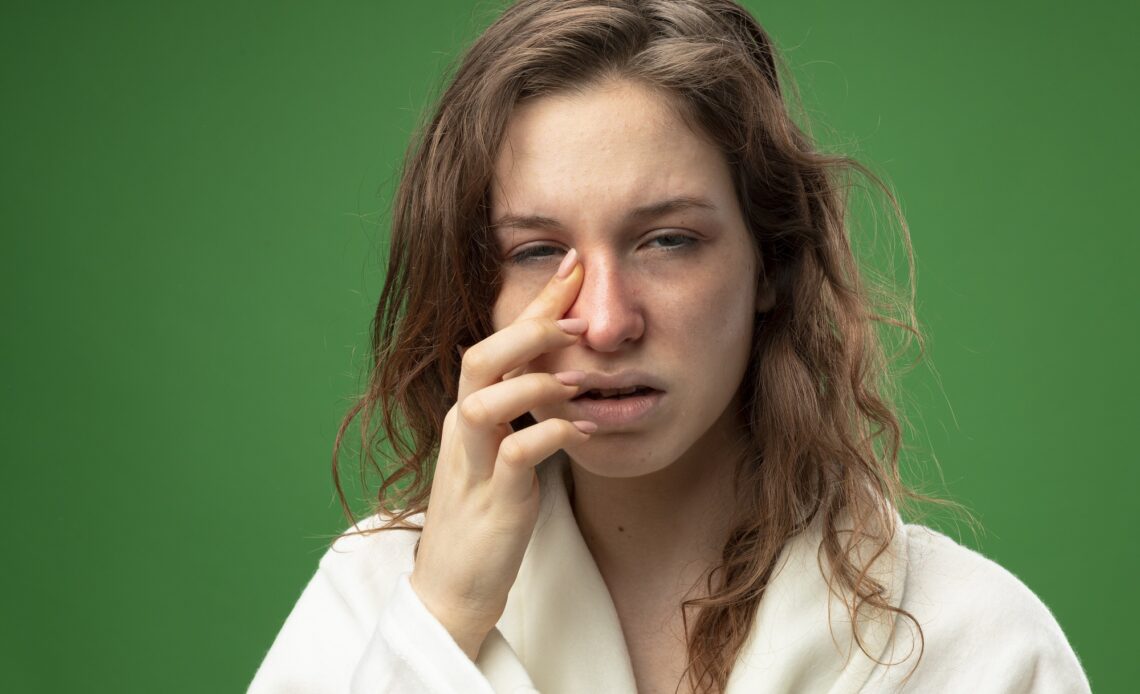Understanding Acne: More Than Just Skin Deep
Acne is often perceived as a superficial skin issue, but the reality is more complex. Acne can be triggered by hormonal changes, diet, and even the environment. However, increasing evidence suggests that emotional and psychological factors also play a crucial role.
Your skin is a mirror reflecting your overall health, including your mental state. Stress and emotional turmoil can exacerbate acne, making it more than just a dermatological issue.
When dealing with acne, it’s essential to consider not only topical treatments but also underlying psychological factors. By addressing stress, emotional burnout, and other mental health concerns, you can achieve a more comprehensive and effective approach to managing acne.
The Link between Emotional Burnout and Skin Health
Emotional burnout can have a profound impact on your skin health. When you experience burnout, your body releases stress hormones like cortisol, which can lead to increased oil production in your skin. This excess oil can clog pores, resulting in acne breakouts.
Moreover, emotional burnout can weaken your immune system, making your skin more susceptible to infections and slower to heal. This can exacerbate existing acne conditions and lead to more severe and persistent skin issues. It’s crucial to identify and manage the symptoms of emotional burnout to maintain healthy skin.
Recognizing the Signs of Emotional Burnout
Identifying emotional burnout can be challenging, as its symptoms are often subtle and gradual. However, recognizing these signs is the first step toward managing its impact on your skin. Common indicators include chronic fatigue, irritability, and a sense of detachment from your work or personal life. You might also experience physical symptoms such as headaches, muscle tension, and digestive issues.

By staying attuned to these symptoms, you can take action before burnout fully takes hold. Implementing stress management techniques and seeking professional help when necessary can prevent the escalation of both emotional burnout and its physical manifestations, including acne.
Psychological Factors Contributing to Acne
Several psychological factors can contribute to the development and persistence of acne. Anxiety and depression, for instance, can lead to behaviors that worsen skin conditions. When you’re anxious or depressed, you might neglect your skincare routine or engage in skin-picking behaviors that increase the risk of acne.
Additionally, self-esteem issues related to acne can create a vicious cycle. The presence of acne can lead to feelings of insecurity and low self-worth, which can, in turn, increase stress and worsen acne.
By addressing the underlying psychological factors, you can break this cycle. Seeking therapy or counseling can provide you with strategies to manage anxiety and depression.
Stress and Lifestyle Management for Clearer Skin and Emotional Well Being
Managing stress and adopting healthy lifestyle habits can significantly improve both your skin and emotional health. Incorporating these changes into your routine can help regulate hormones, reduce inflammation, and prevent acne breakouts, while also combating emotional burnout.
Key Strategies:
- MindfulnessandMeditation: Practicing mindfulness and meditation helps you identify and manage stress triggers. These techniques lower cortisol levels, which can reduce stress-induced acne and improve emotional balance.
- RegularExercise: Physical activity boosts endorphins, elevates mood, and reduces stress. It also promotes better circulation, which nourishes the skin and supports healing.
- AdequateSleep: Prioritizing 7–9 hours of quality sleep each night helps regulate hormones, aids skin repair, and supports emotional recovery.
- BalancedDiet: Eating a diet rich in fruits, vegetables, lean proteins, whole grains, and healthy fats provides essential nutrients for skin health. Avoiding processed foods and excess sugars can help lower inflammation and prevent breakouts.
By adopting these stress management and lifestyle practices, you can support both your mental well-being and your skin’s clarity in a sustainable, holistic way.
Seeking Professional Help: When to Consult a Dermatologist or Therapist
While self-care and lifestyle changes are important, there may be times when professional help is necessary. A dermatologist can offer tailored skincare advice and treatment options, while a therapist can support you in managing stress and emotional burnout.
If your acne or emotional health is significantly affecting your quality of life, don’t hesitate to seek help. A combined approach involving both dermatological and psychological care can lead to more effective outcomes.

Conclusion
Understanding the connection between acne and emotional burnout is key to effective management. Recognizing that your skin reflects your emotional well-being allows for a more holistic approach to care.
By identifying signs of burnout, managing stress, and making lifestyle changes, you can improve both your skin and mental health. Seek professional help when needed a combined effort often brings better results. Be patient with yourself on this journey. Healing takes time, and a balanced, mindful approach can lead to lasting wellness.


